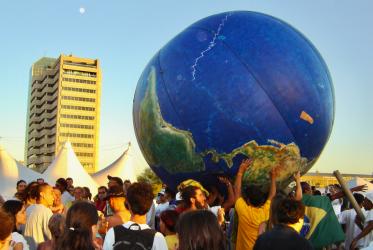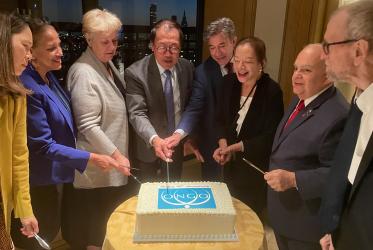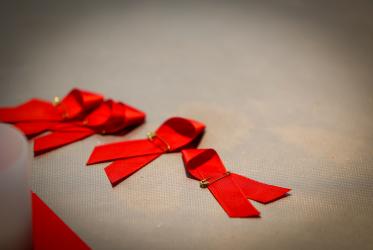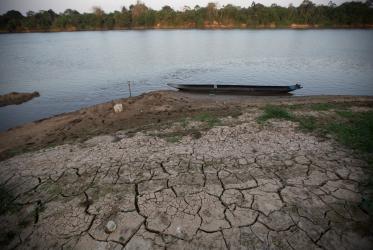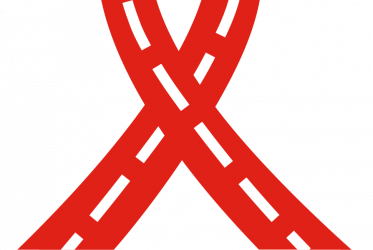Displaying 1 - 20 of 31
04 April 2024
How racism and colonialism are exacerbating impacts of climate change
29 September 2021
Scottish and UK religious leaders call for urgent climate action
20 September 2021
Brazilian ecumenical water network launched
29 July 2021
WCC participates in 71st World Health Assembly
29 May 2018
Grand Imam calls for collaboration against violence and poverty
06 October 2016

